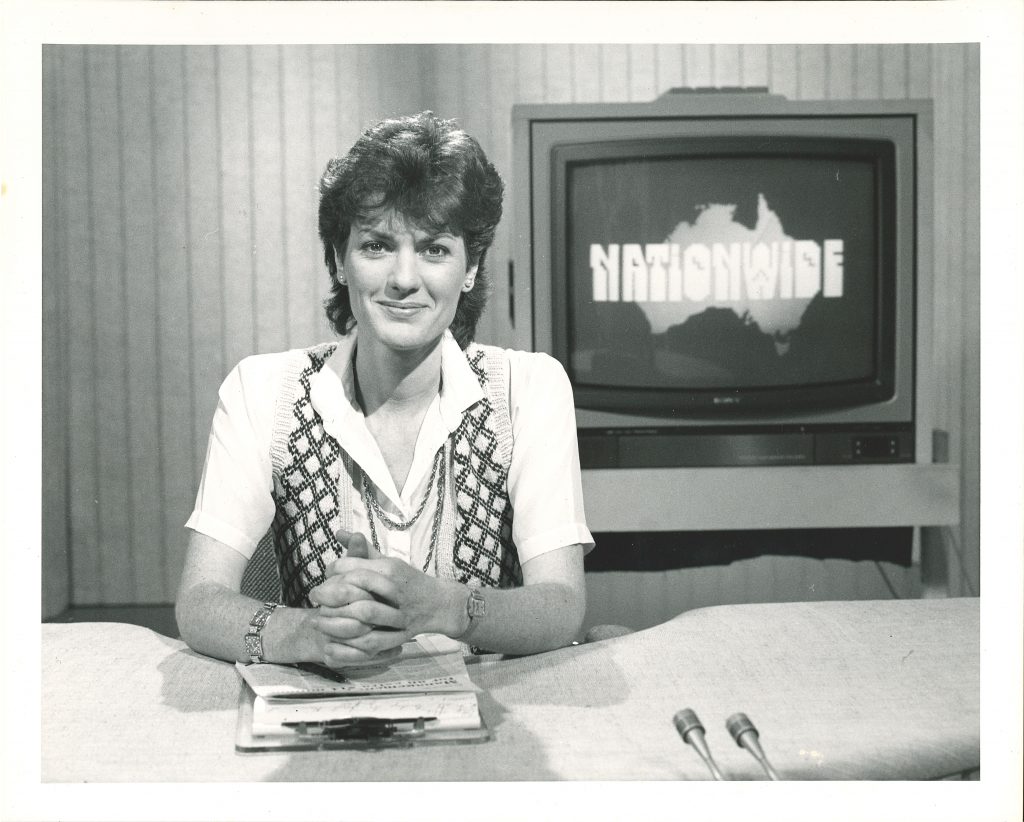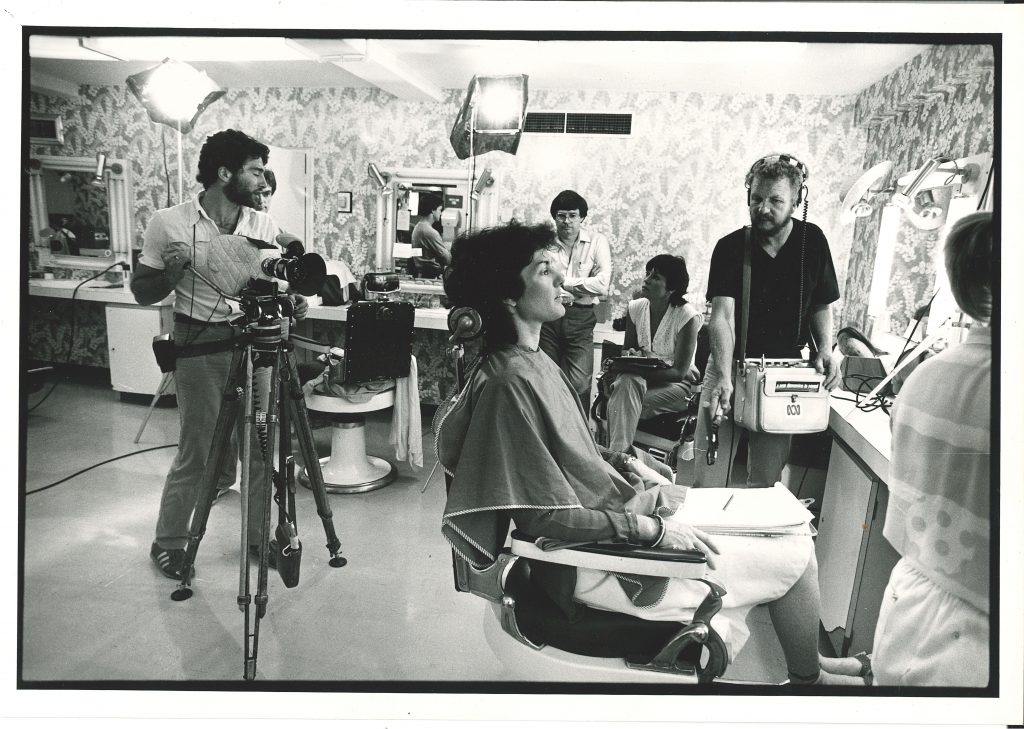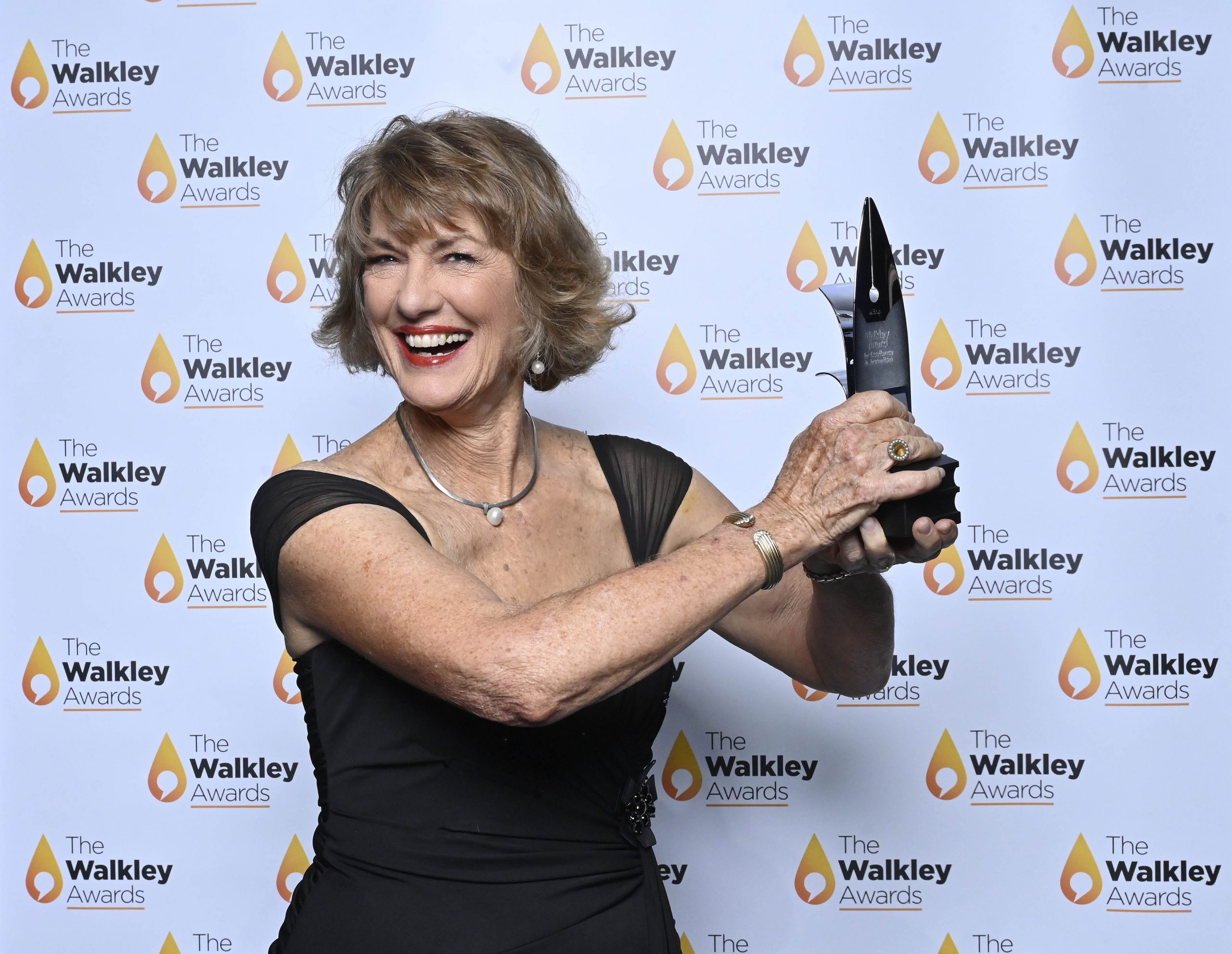
In 2003, when Geraldine Doogue received an Order of Australia, it was for service to the community, particularly as a commentator for social change, and specifically for her work in the media raising public awareness of issues involving ethics, values, religion and spirituality.
The award sums up Doogue’s versatility during a career that has spanned almost half a century, reflecting her interest in the world at large. “I’m definitely a ‘Big Picture’ person,” she says. “There are fabulous journalists and writers who specialise in specific stories, but somewhere along the line I realised that I have a big curiosity and that I don’t like being contained.”
Thinking big, she suggests, gives you linkages to other people and to different content. “As I’ve got older I’ve been allowed to range far and wide, which is the joy of Radio National,” she says. “As you get older, you also start to lose your terror of making an idiot of yourself, and if you do something a bit wrong, you can put it into a wider context. It was a good cadetship at the West Australian, but I had to unlearn a lot of what I was taught.”
Doogue’s television career had a touch of fate about it. She had been working in London before she returned to Western Australia to work for The Australian, and was head-hunted by the ABC after 4 Corners interviewed her out in the Pilbara, where she was doing a story for The Australian about the diamond mine boom in that region.
The ABC executives were impressed, and Doogue made the move to the east, where she quickly stood out for her careful research, combined with her unique mixture of tough, intuitive and philosophical questioning into the complexities of Australian life. She moved from straight news reporting through historical documentary with Hindsight, which eventually led to her hosting of Radio National’s Life Matters and the ABC’s Compass, a program designed to examine the world of belief and values, issues close to Doogue’s heart.
“Being a Catholic has given me a deep cultural deposit in my life,” she says. “I believe people need foundations – we may question the traditions, we may be disappointed in their behaviour, but without that belief in ‘something’ people, particularly young people, are ill-equipped to deal with life.”
During her career, Doogue began to step naturally into editorial leadership, receiving a United Nations Association of Australia Media Peace Award, and two Penguin Awards for her role in ABC’s coverage of the Gulf War. She remained host of Compass from 1998 to 2017, and since 2005 she has hosted the Extra and Saturday Extra programs – with their increasing emphasis on international affairs – on Radio National. She is the author of two books, Tomorrow’s Islam (2012) and The Climb (2014), which examines women in leadership roles, a book which is dear to her heart.
“I interviewed a variety of women from all political persuasions and I realised that every female leader is different,” she says. “As more women rise to leadership positions, the more those differences can be celebrated. One of my great aims is to have robust women in journalism and in public life so that younger women can see their resilience and robustness.”
Doogue’s rich family life, with two children, and two-step children, from her first and second marriages to Tim Blue, and Ian Carroll, who died of pancreatic cancer in 2011, is in part, she believes, what keeps her vitally interested in the world around her. “I have five grandchildren now, aged 12 down to five,” she says, “I spend a lot of time with family and friends, and it pays me huge dividends. It’s a good life.”
By Candida Baker



